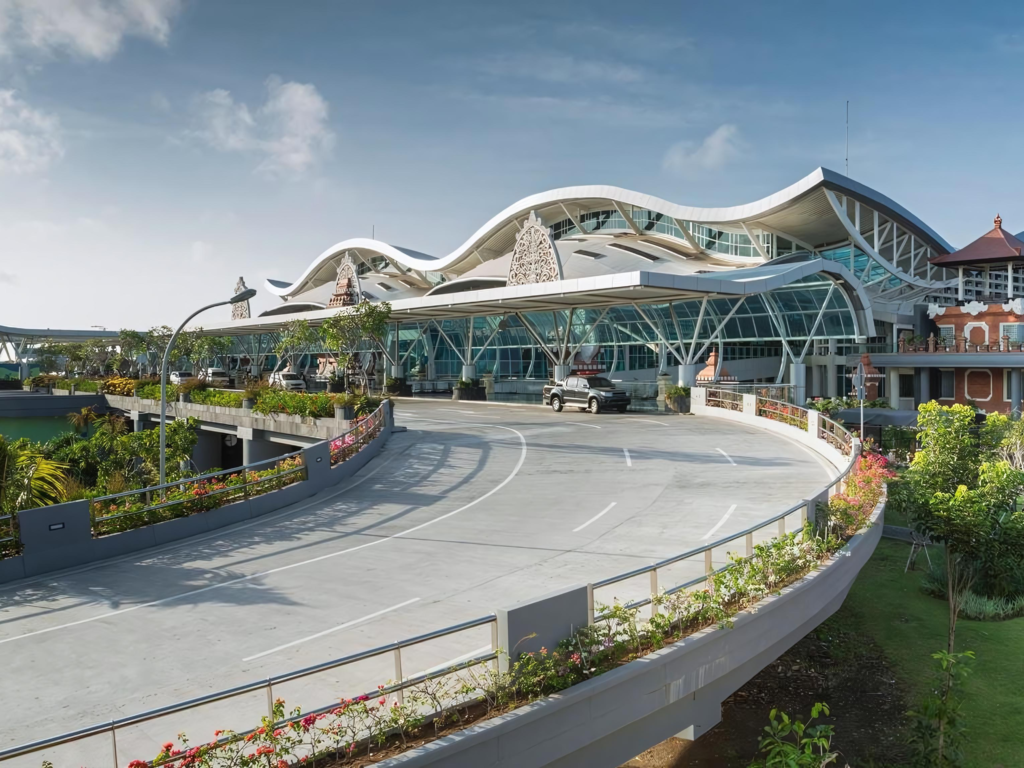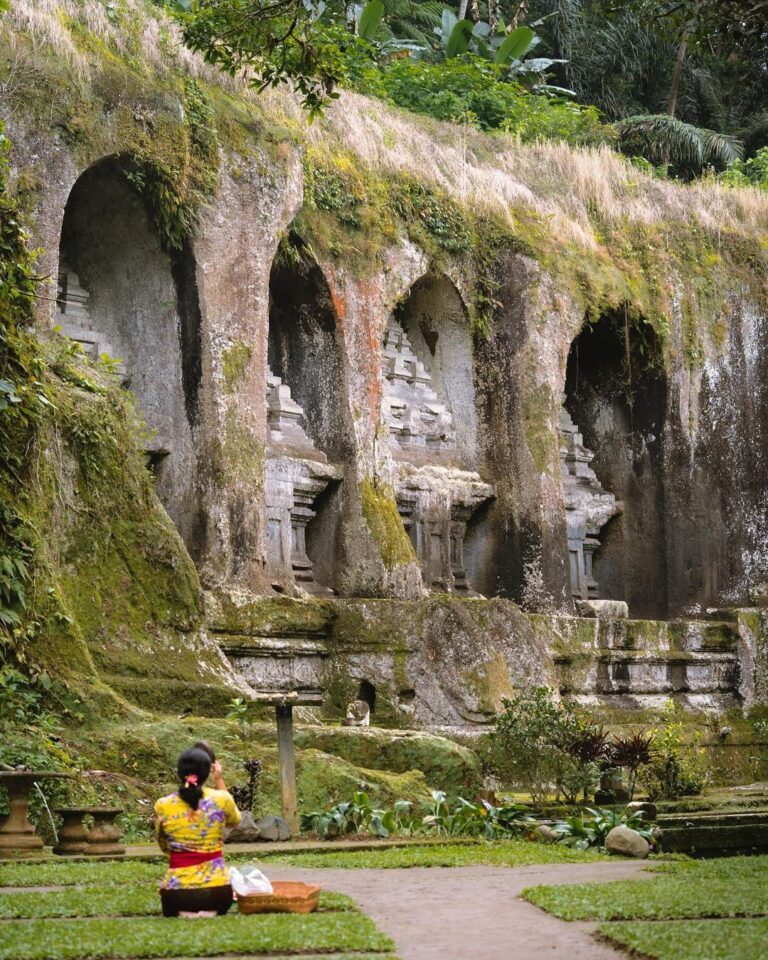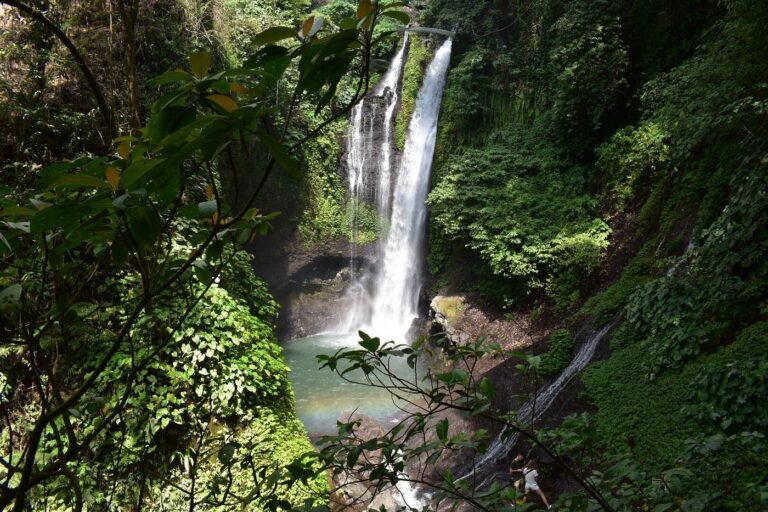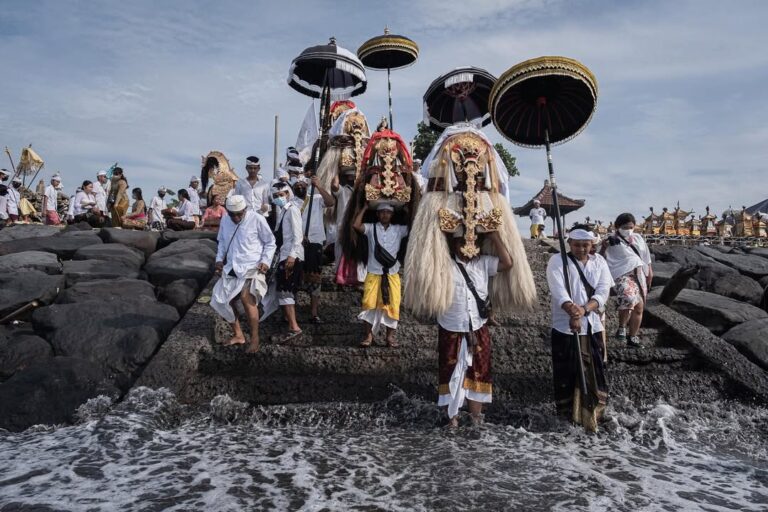While most plane tickets to Bali list Denpasar (DPS) as the destination airport, upon arrival, travellers find themselves at I Gusti Ngurah Rai International Airport in Tuban, near Kuta.
A bustling hub connecting the “Island of the Gods” to the world, boasts a history as rich as the culture it serves.
This name sparks curiosity: who is I Gusti Ngurah Rai, and what did he achieve to deserve such a prominent honour?
This article delves deeper into the fascinating story behind its construction and the man it honours. The seeds of the airport were sown in the 1930s during Dutch colonial rule.
The Dutch colonial government, recognizing Bali’s potential as a tourist destination, constructed a basic airstrip in the southern part of the island.
This modest facility, with a runway less than a kilometre long, served as the foundation for future development.
During World War II, the Japanese occupied Bali (1942-1945). Recognizing the strategic value of the island’s location, they extended the existing airstrip to 1.2 kilometres to accommodate larger military aircraft.

(Photo by Aroeng Binang)
Following Indonesia’s independence in 1945, the government turned its attention to developing Bali’s infrastructure, including the airport.
Land reclamation projects in the 1950s allowed for further runway extensions, reaching a length of 2.7 kilometres.
With increased capacity, the airport began to attract more commercial airlines, gradually transforming into a vital gateway to the island.
The Name : A Hero Remembered (1968)
The airport’s original name during the Dutch and Japanese eras is not definitively documented.
However, upon gaining independence, Indonesian authorities sought a name that reflected the nation’s spirit and paid homage to a national hero.
I Gusti Ngurah Rai, who fell defending Bali’s independence in the Puputan of Margarana, emerged as the perfect choice.
His unwavering courage, selflessness, and embodiment of the fight for freedom resonated deeply with the Indonesian people.
In 1968, the airport was officially christened “I Gusti Ngurah Rai International Airport”, forever linking his legacy to Bali’s international connection.
His name became synonymous with Balinese valour and unwavering patriotism, echoes not only within the halls of history but also in the very foundation of Bali’s main international airport.
His life, a testament to courage and selflessness, serves as a potent reminder of the sacrifices made in Indonesia’s fight for independence.
Born in 1917 into a noble Balinese family, Ngurah Rai displayed an early affinity for the military. Drawn to a life of service, he diligently pursued his education at military schools.

As the winds of change swept through Indonesia, with the Dutch attempting to reassert control after World War II, Ngurah Rai emerged as a resolute figure.
In 1946, he became the founder and commander of the first armed forces unit for the Republic of Indonesia in the Lesser Sunda Islands, where Bali is located.
Ngurah Rai, a brilliant strategist and inspiring leader, fiercely resisted Dutch aggression.
He meticulously organised guerilla warfare tactics, leading his troops in a valiant fight against a seemingly overwhelming force.
Ngurah Rai’s unwavering determination culminated in the legendary “Puputan” of Margarana in November 1946.
Faced with a vastly superior Dutch force, he and his men, vastly outnumbered and outgunned, chose to fight to the death rather than surrender.
This act of immense courage, while a tragic loss in terms of lives, became a powerful symbol of Indonesian resistance that continues to inspire generations.
A Hero’s Legacy
Ngurah Rai’s sacrifice resonated far beyond Bali. He was posthumously awarded the prestigious Bintang Mahaputera, an Indonesian military honour for exceptional service.
More importantly, his name became synonymous with the unwavering spirit of the Indonesian fight for freedom.
Today, I Gusti Ngurah Rai International Airport stands as a testament to both the island’s remarkable growth and the enduring spirit of I Gusti Ngurah Rai.
Every visitor who lands in Bali walks upon a legacy forged in courage and selflessness, onto a stage where history and progress continue to intertwine.
I Gusti Ngurah Rai’s story serves as a potent reminder of the price of freedom and the enduring spirit of the Indonesian people.





